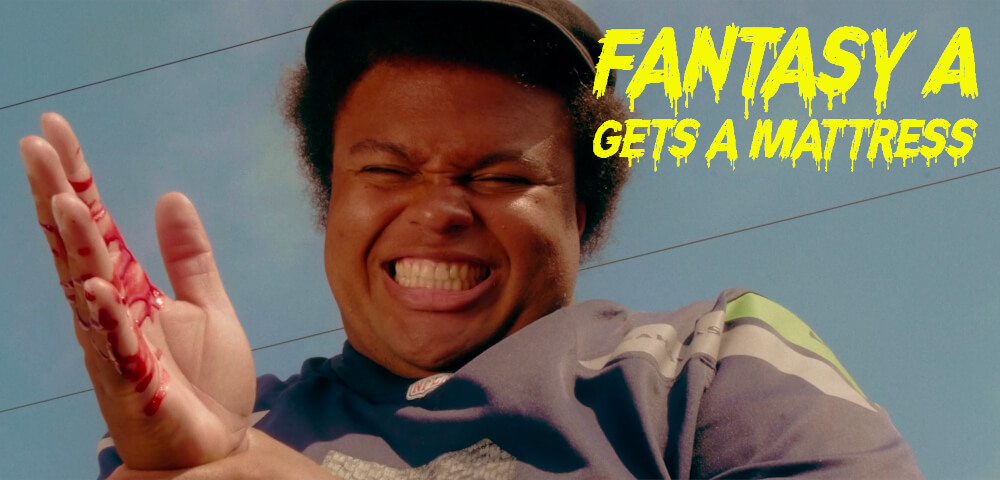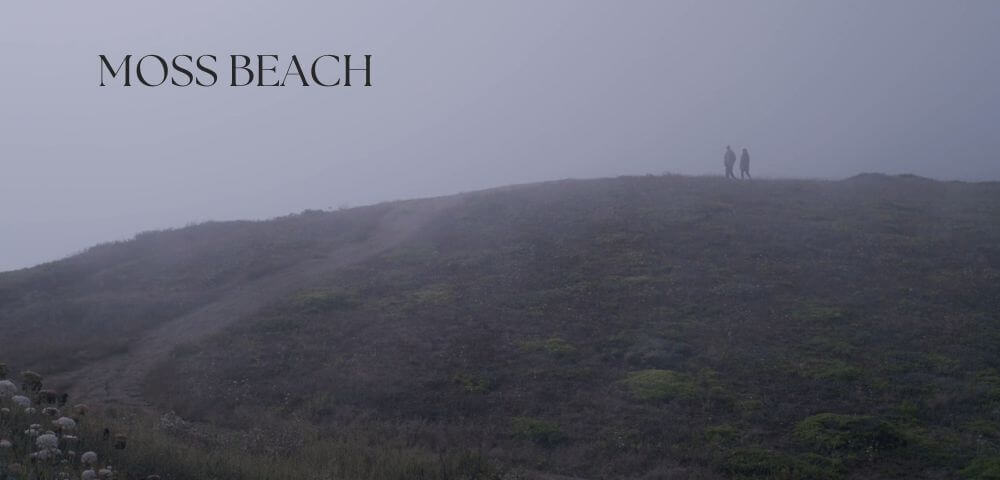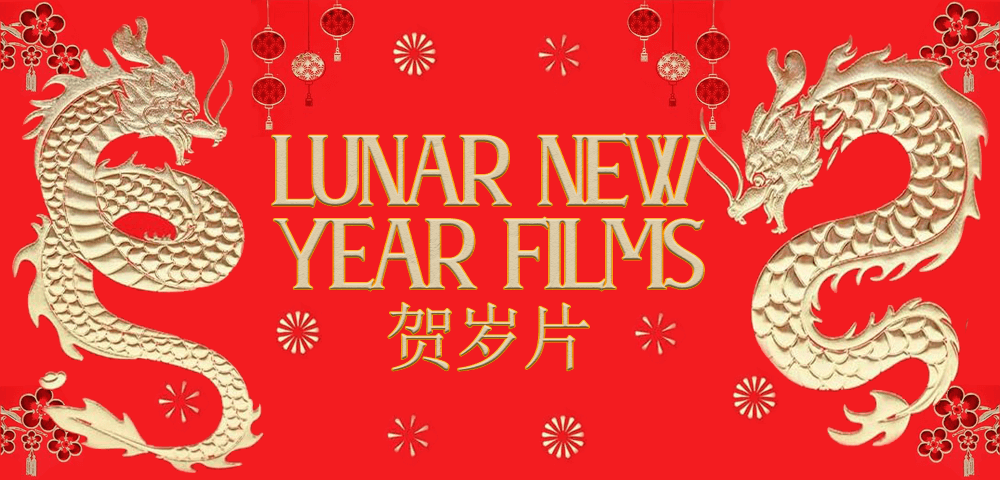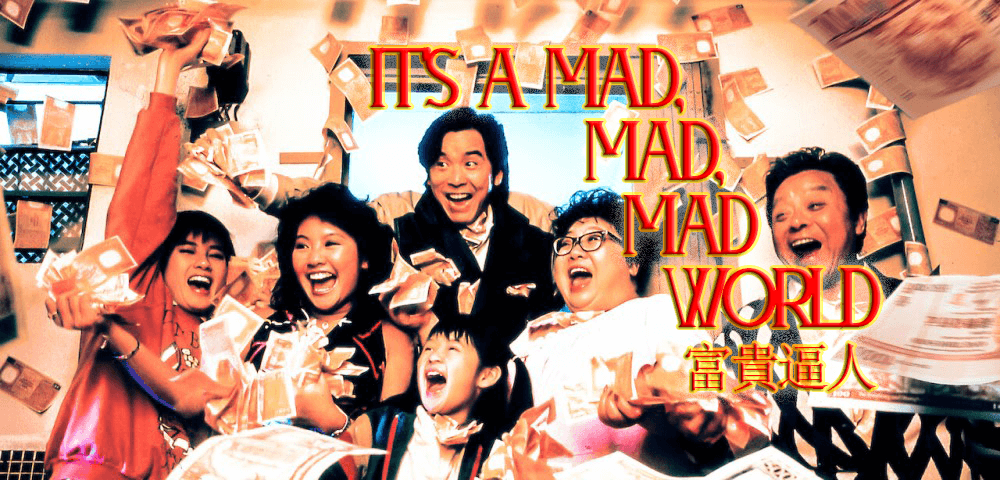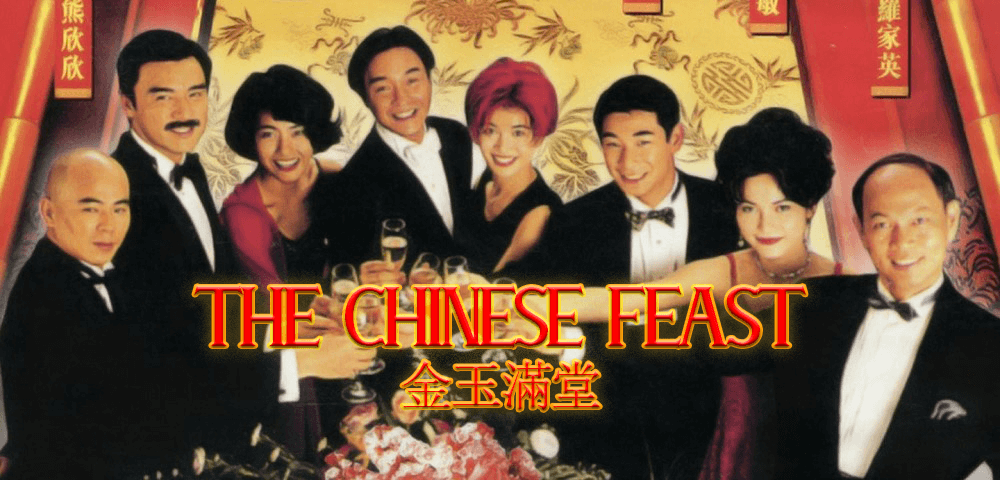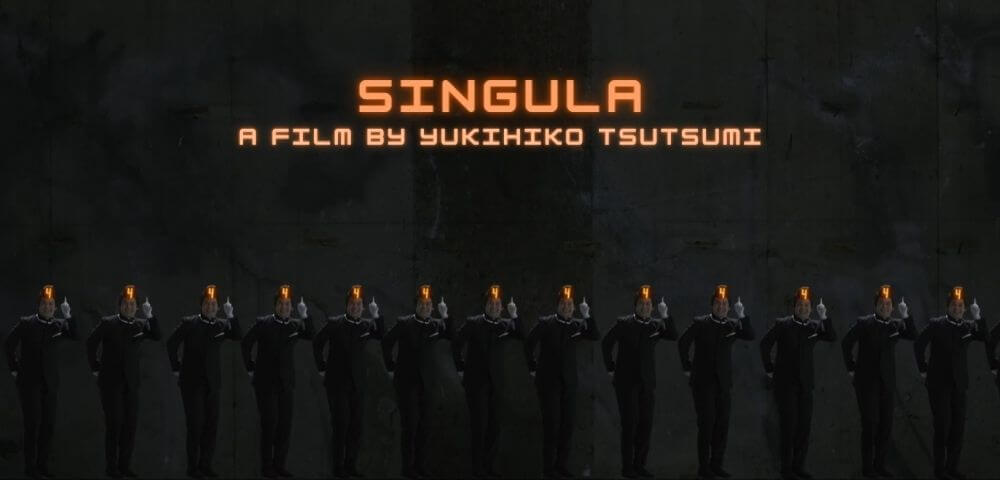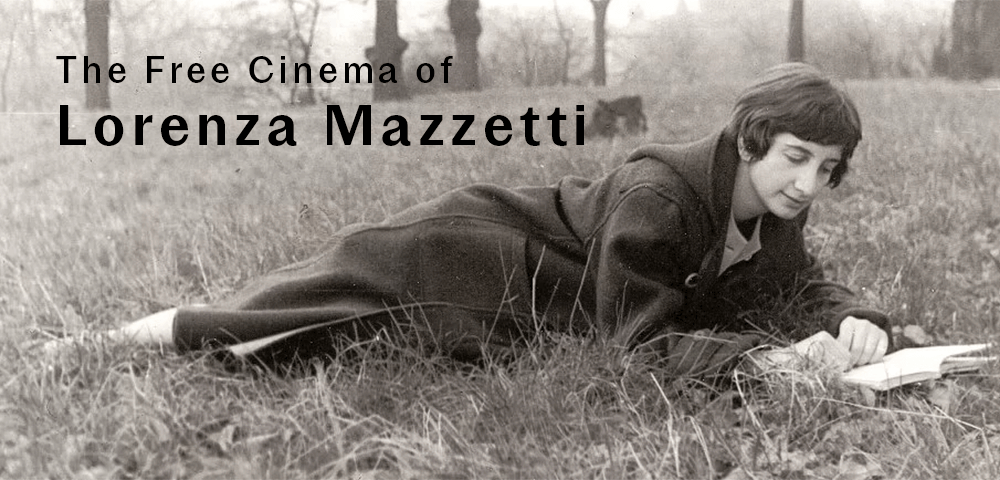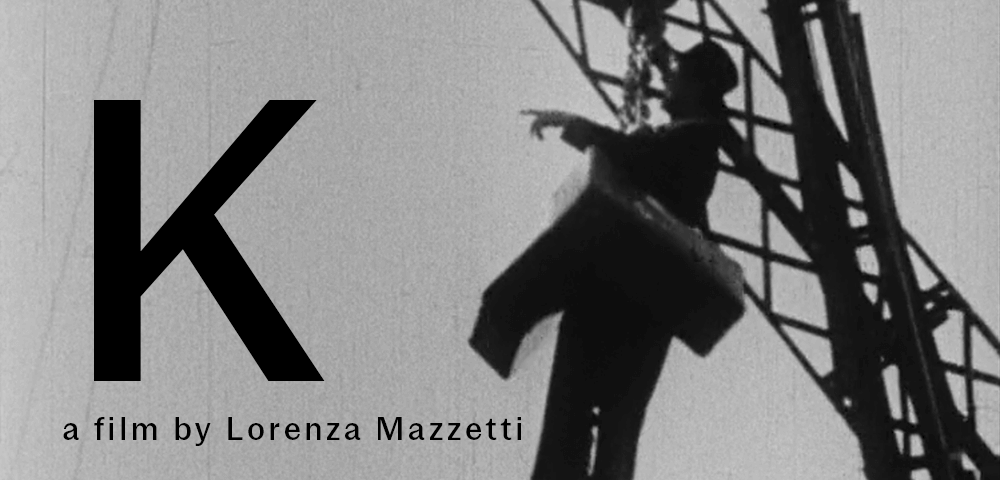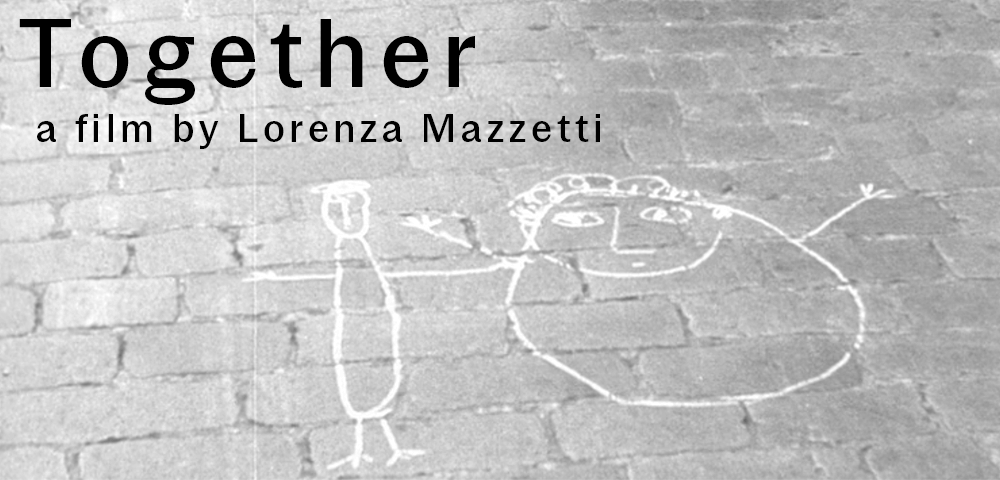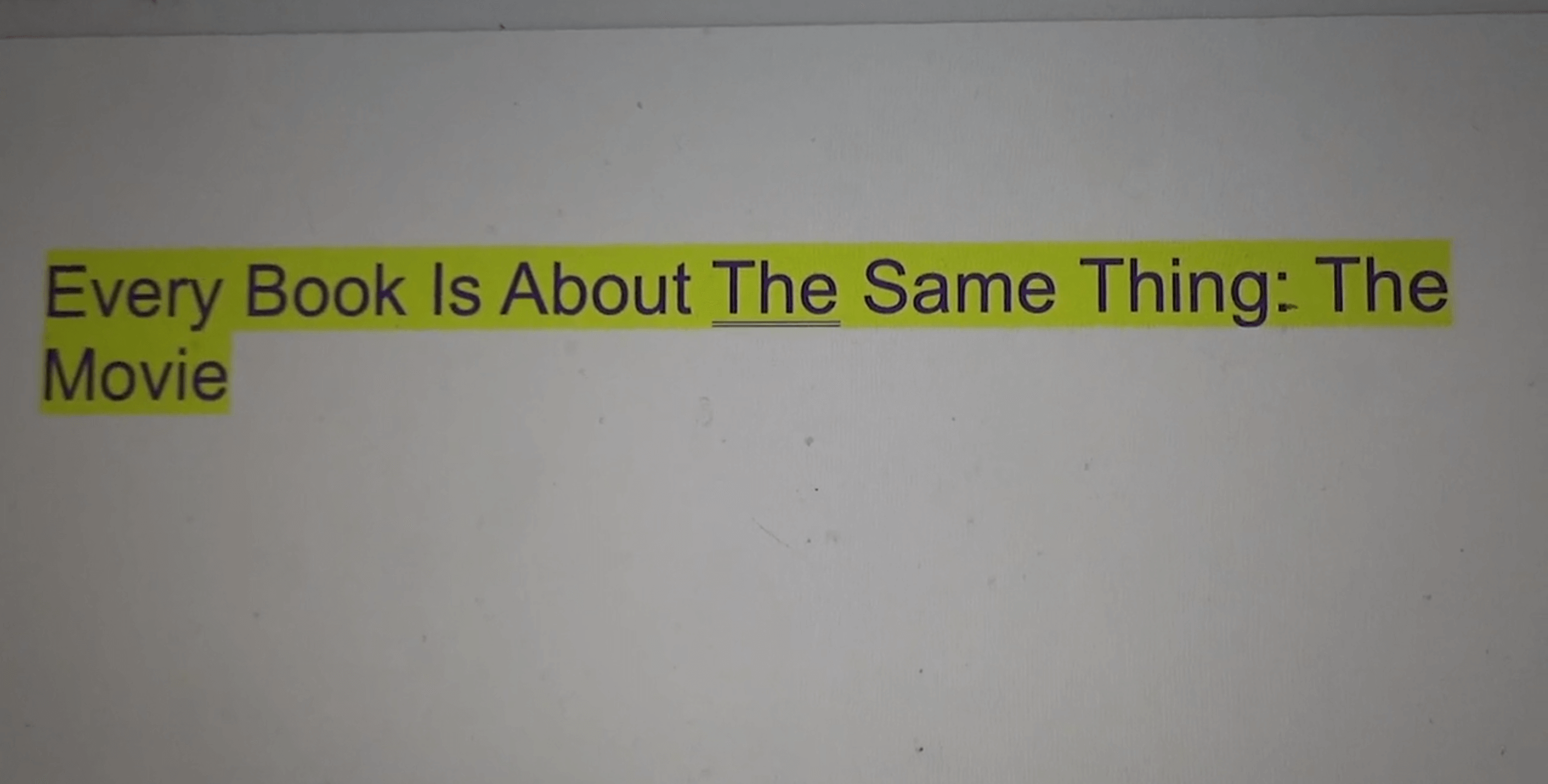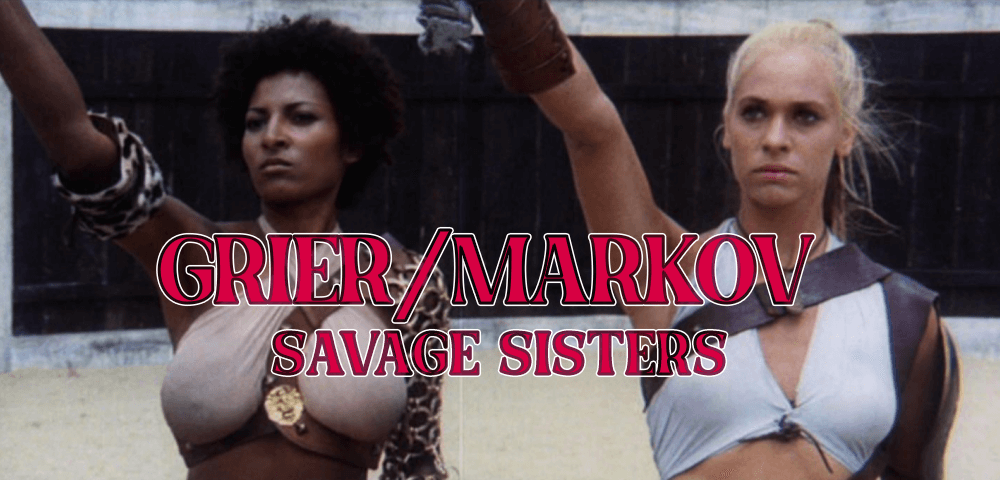
Abbott & Costello… Martin & Lewis… Lemmon & Matthau… These are just a few of Hollywood’s most famous on-screen duos that Pam Grier & Margaret Markov could easily beat the shit out of. Though they only appeared together in two films, Grier’s & Markov’s presences loomed large over exploitation cinema in the 1970s, appearing in over half a dozen “women-in-prison” films between them in the early part of the decade.
With the loosening of censorship practices in the 1960s, women-in-prison movies saw a resurgence in popularity, the setting lending itself easily to the more extreme depictions of sadism, sapphism, voyeurism, and fetish acts that B-movie studios and filmmakers were after. Enter Pam Grier & Margaret Markov, soon-to-be staples of the revitalized genre. Grier, a switchboard operator working at American International Pictures, caught the attention of Roger Corman affiliate, Jack Hill, leading to Corman casting her in his early 70s “prison cycle” of films that included THE BIG DOLL HOUSE (1971), WOMEN IN CAGES (1971), and THE BIG BIRD CAGE (1972). Markov, meanwhile, had only a couple of minor credits to her name before landing her big break as one of the lead roles in another Corman WIP production, THE HOT BOX (1972).
The pair would go on to co-star in two productions, Eddie Romero’s BLACK MAMA, WHITE MAMA (1973) and Steve Carver’s THE ARENA (1974), but despite their brief career overlap, the chemistry between them was undeniable. Two equally headstrong, tough-as-nails vixens making for perfect character foils, but with a combined strength able take down prison guards, gangs, and gladiators alike.
Markov would retire from acting in 1974 shortly after the release of THE ARENA, her penultimate feature. Grier, meanwhile, would go on to become a superstar in the blaxploitation genre, her name synonymous with nearly every iconic blaxploitation heroine from Foxy Brown to Coffy, Sheba Shayne to Friday Foster.
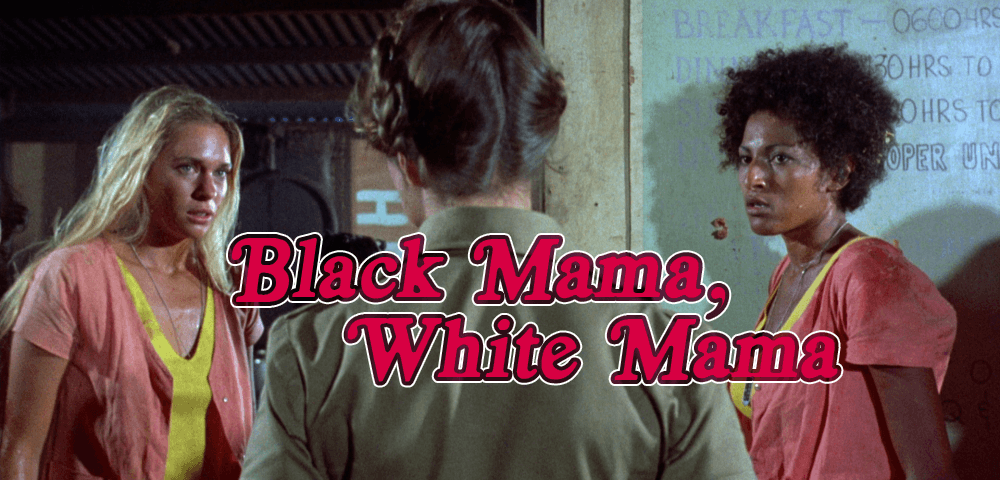
BLACK MAMA, WHITE MAMA
dir. Eddie Romero, 1973
United States/Philippines. 87 min.
In English.
SUNDAY, MARCH 3 – 5 PM
MONDAY, MARCH 11 – 10 PM
FRIDAY, MARCH 15 – MIDNIGHT
FRIDAY, MARCH 29 – 10 PM
GET YOUR TICKETS!
Rich girl-turned-revolutionary, Karen (Markov), and brassy former prostitute, Lee (Grier), are the newest inmates at a Philippines jungle prison. The two immediately butt heads, causing enough trouble to warrant a transfer to a maximum-security facility. While en route to the new jail, their convoy is ambushed by Karen’s comrades, allowing her and Lee to escape, albeit still shackled together. With different plans, different enemies, and a mutual hatred for one another, the two fugitives must learn to work together to survive the peril-laden jungles.
Directed by Filipino film legend, Eddie Romero, BLACK MAMA, WHITE MAMA stands as the pinnacle of Grier’s & Markov’s work in the WIP genre. It was almost inevitable that their careers would cross paths, given that their prior WIP work had all been produced in the same budget-friendly Philippines (in some cases, at the same time). The concept for the film was originally pitched by Joe Viola and Jonathan Demme as a modern riff on Stanley Kramer’s THE DEFIANT ONES, updating its setting and themes and engorging it with titillating content, but keeping the fiery political spirit of the original intact.
The film became a box office hit for American International Pictures, with critics singling out the pairing of Grier & Markov as a “hit with audiences”.
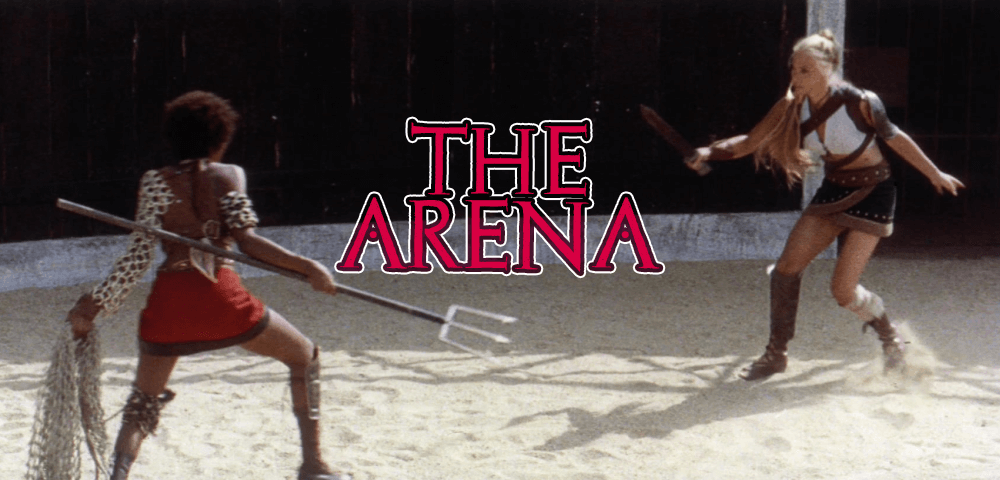
THE ARENA
dir. Steve Carver, 1974
United States/Italy. 82 min.
In English.
SATURDAY, MARCH 2 – MIDNIGHT
WEDNESDAY, MARCH 6 – 10 PM
THURSDAY, MARCH 14 – 10 PM
TUESDAY, MARCH 19 – 7:30 PM
FRIDAY, MARCH 29 – MIDNIGHT
GET YOUR TICKETS!
When the Roman elite force a group of female sex slaves to become gladiatrices tasked with fighting each other to the death, a Nubian dancer and a Gaulish priestess join forces to mount a vicious rebellion against their male oppressors.
Grier & Markov’s second collaboration landed them in Italy for a T&A-centric take on the story of Spartacus, the pair once again playing adversaries-turned-allies, united in oppression and driven to revolution. Unlike Corman’s previous Philippines-set WIP films, THE ARENA was one of New World Pictures’ few European co-productions, with several of the arena scenes filmed by Carver’s Italian counterpart, Joe D’Amato.
Corman later credited the success of the film to Grier & Markov’s talent on screen, acknowledging that the pair “were beginning to be well known and were emerging somewhat as stars of this kind of film.” Ironically, while the film cemented the duo’s stardom and box office dominance on the grindhouse circuit, its production was also where Markov met her future husband, producer Mark Damon, leading her to retire from acting soon after its release.
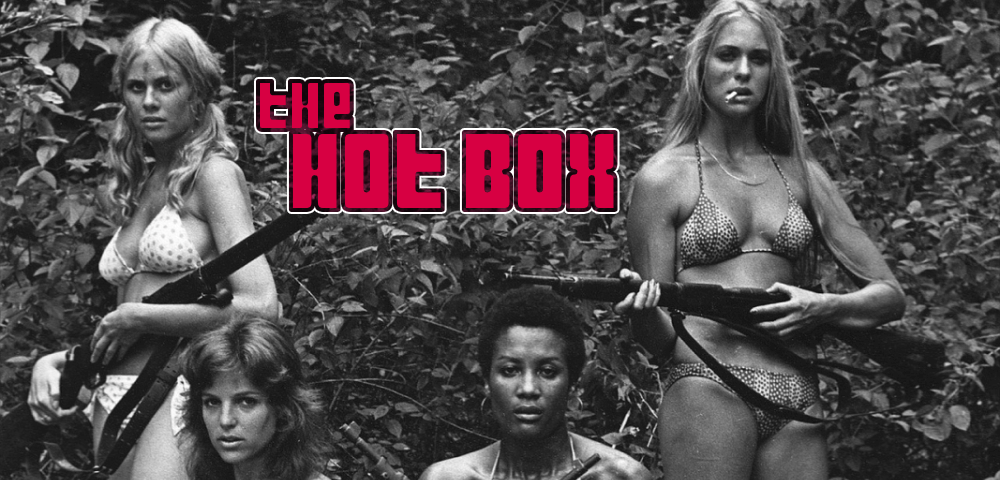
THE HOT BOX
dir. Joe Viola, 1972
United States/Philippines. 85 min.
In English.
MONDAY, MARCH 4 – 10 PM
SATURDAY, MARCH 16 – MIDNIGHT
FRIDAY, MARCH 22 – 10 PM
TUESDAY, MARCH 26 – 7:30 PM
GET YOUR TICKETS!
Four American nurses working in the republic of San Rosario enter a hellish nightmare when they’re kidnapped by guerilla army to provide medical assistance in their fight against an oppressive government regime. Tormented by every man that crosses their path, the four women must band together in the dense jungle in pursuit of one shared goal: survival.
Prior to her collaborations with Pam Grier, Margaret Markov had teamed up with Roger Corman and writer/producer/director team, Joe Viola and Jonathan Demme, for this unorthodox blend of the WIP and similarly trending “nurseploitation” genres (see: last year’s Stephanie Rothman program). Markov stars as Lynn, one of the captured nurses who begins to sympathize with the revolutionaries once she witnesses firsthand the government’s poor treatment of civilians. As with BLACK MAMA, WHITE MAMA, Viola and Demme foreground the politics inherent to the film’s WIP themes and banana republic setting, placing the women’s fight for liberation squarely within the context of an anti-capitalist struggle (a theme that some viewers may recognize as a recurring component of Jonathan “A luta continua” Demme’s later life and career).
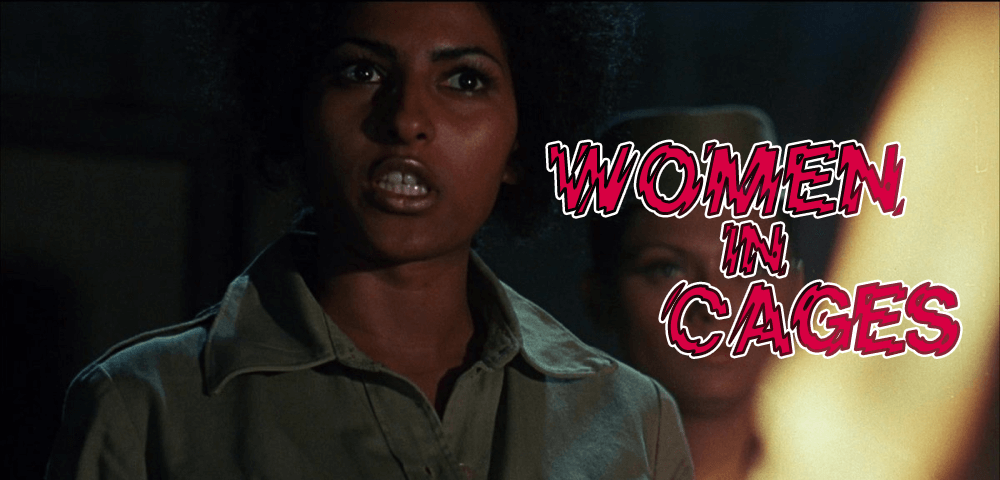
WOMEN IN CAGES
dir. Gerardo de León, 1971
United States/Philippines. 81 min.
In English.
FRIDAY, MARCH 1 – MIDNIGHT
TUESDAY, MARCH 12 – 7:30 PM
THURSDAY, MARCH 21 – 10 PM
SATURDAY, MARCH 30 – 10 PM
GET YOUR TICKETS!
After being framed by her drug dealer boyfriend while vacationing in the Philippines, Carol “Jeff” Jeffries is locked behind bars in a harsh prison somewhere in the jungles of Manila. Jeff endures daily torture and degradation at the hands of the prison’s sadistic head matron, Alabama. After learning that a local drug kingpin is out to silence her once and for all, Jeff realizes that the only means of securing her freedom is escape.
Pam Grier, in just her third-ever film role, steals the show as the villainous Alabama, flipping the script on her earlier role as one of the tortured inmates in Jack Hill’s THE BIG DOLL HOUSE, released the same year. Apart from Grier’s standout performance, what sets this entry apart from most other 1970s WIP releases is the grittiness and brutality with which the prison conditions are portrayed. In contrast to Corman’s other productions, de Leon mostly eschews tantalizing scenes, moments of levity, and feminist or other political subtext in favor pure grindhouse exploitation. What’s left is a portrait of prison life so harrowing that one notable future Grier collaborator once referred to it as “soul-shattering, life-extinguishing”, describing its final shot as one of “devastating despair”.
